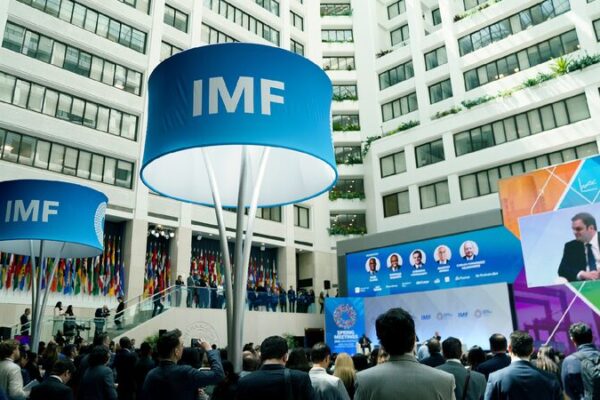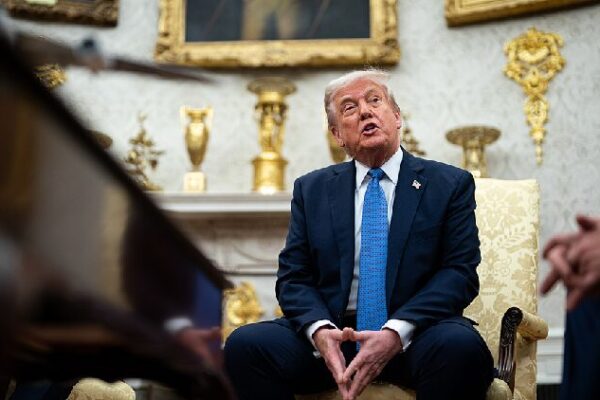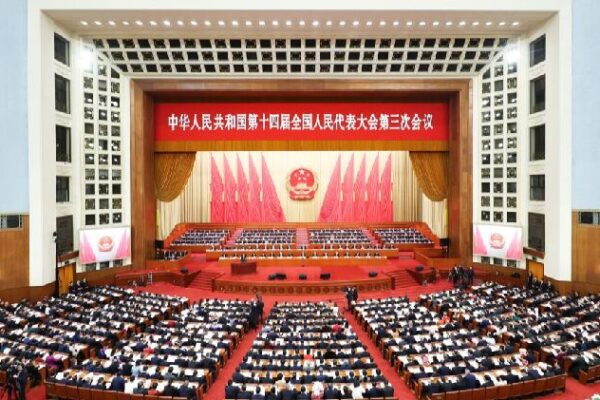October 25, 2023
China is stepping up its game with a powerful new fiscal policy designed to energize its economy and make waves globally. As the world’s second-largest economy, China’s actions have profound effects on international markets, and this latest move is no exception.
A More Proactive Fiscal Policy
Chinese Premier Li Qiang recently announced a shift to a “more proactive fiscal policy,” marking a significant change in the country’s economic approach. In 2025, China’s new government debt is set to total 11.86 trillion yuan ($1.66 trillion), an increase of 2.9 trillion yuan over last year. This means more government spending aimed at stimulating growth, supporting businesses, and encouraging consumers to spend.
What Does This Mean?
China plans to issue a record 1.3 trillion yuan in ultra-long-term special treasury bonds, an increase from the previous year. These bonds are like IOUs that the government will pay back over a long period, and the money raised will fund big projects that drive innovation and development.
Additionally, local governments will issue 4.4 trillion yuan in special bonds to support local projects. This influx of funds is expected to lower financing costs, boost economic activity, and provide stability amid global uncertainties.
Focusing on the Future
Unlike emergency measures taken in the past, this fiscal expansion is forward-looking. The funds are earmarked for strategic projects that will strengthen China’s technological capabilities, improve infrastructure, and enhance food and energy security. For instance, 300 billion yuan will support programs encouraging people to trade in old appliances and vehicles for new, energy-efficient models.
Impact on the Global Economy
China’s proactive fiscal policy doesn’t just affect its own economy—it has global implications. Increased consumption and investment in China can lead to higher demand for raw materials and goods from other countries, offering opportunities for economies worldwide.
Addressing Concerns
Some are worried about China’s rising debt levels. However, experts point out that China’s central government debt remains moderate and is primarily held domestically, reducing risks associated with foreign debt. The government is also taking steps to manage local government debt responsibly.
Why It Matters
For young people around the world, especially in the Global South, China’s economic policies can influence job markets, trade opportunities, and the global economic landscape. Understanding these moves helps us see how interconnected our economies are and how decisions in one part of the world can ripple across the globe.
Reference(s):
China's proactive fiscal policy drives growth, investment & stability
cgtn.com








